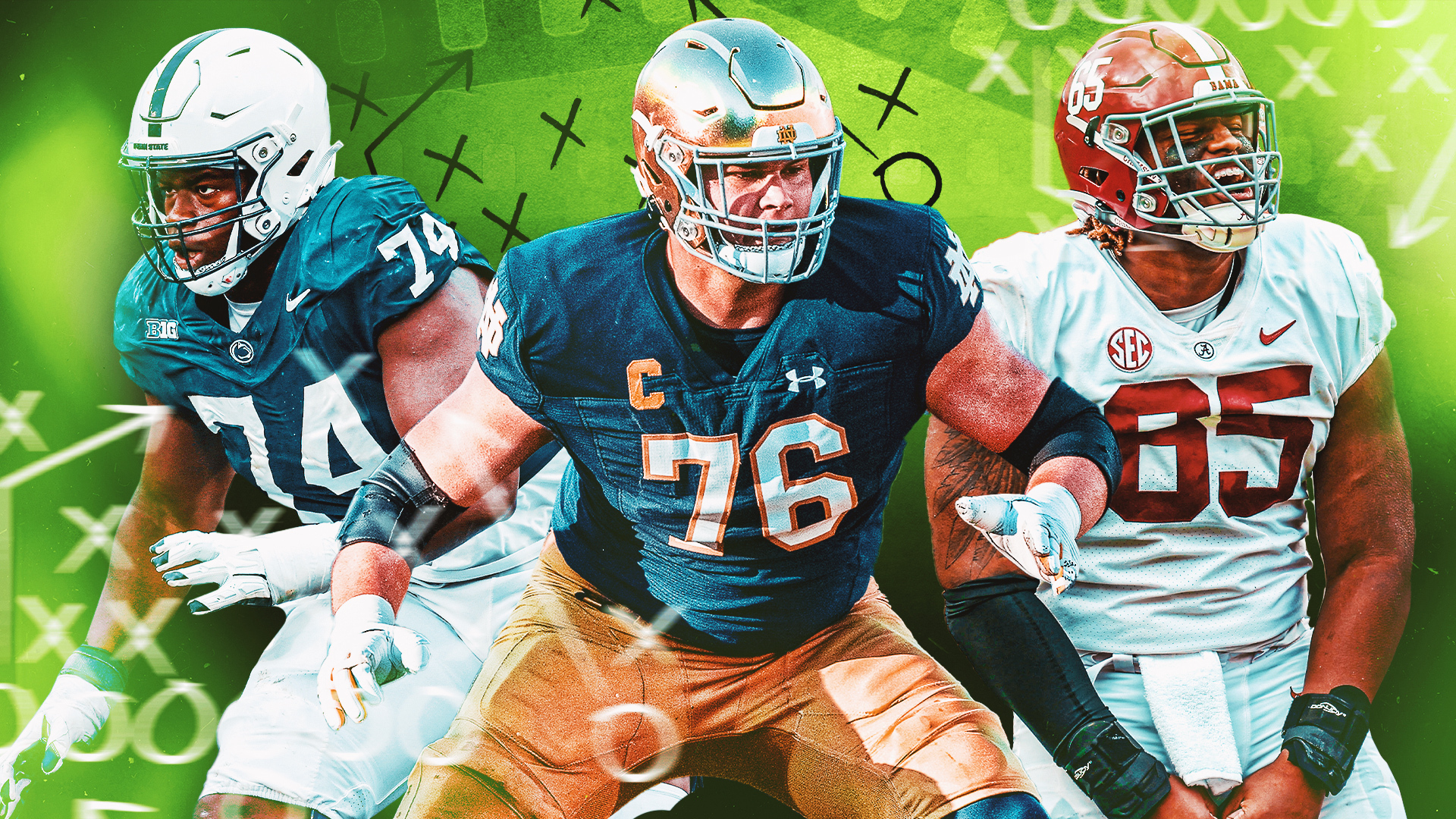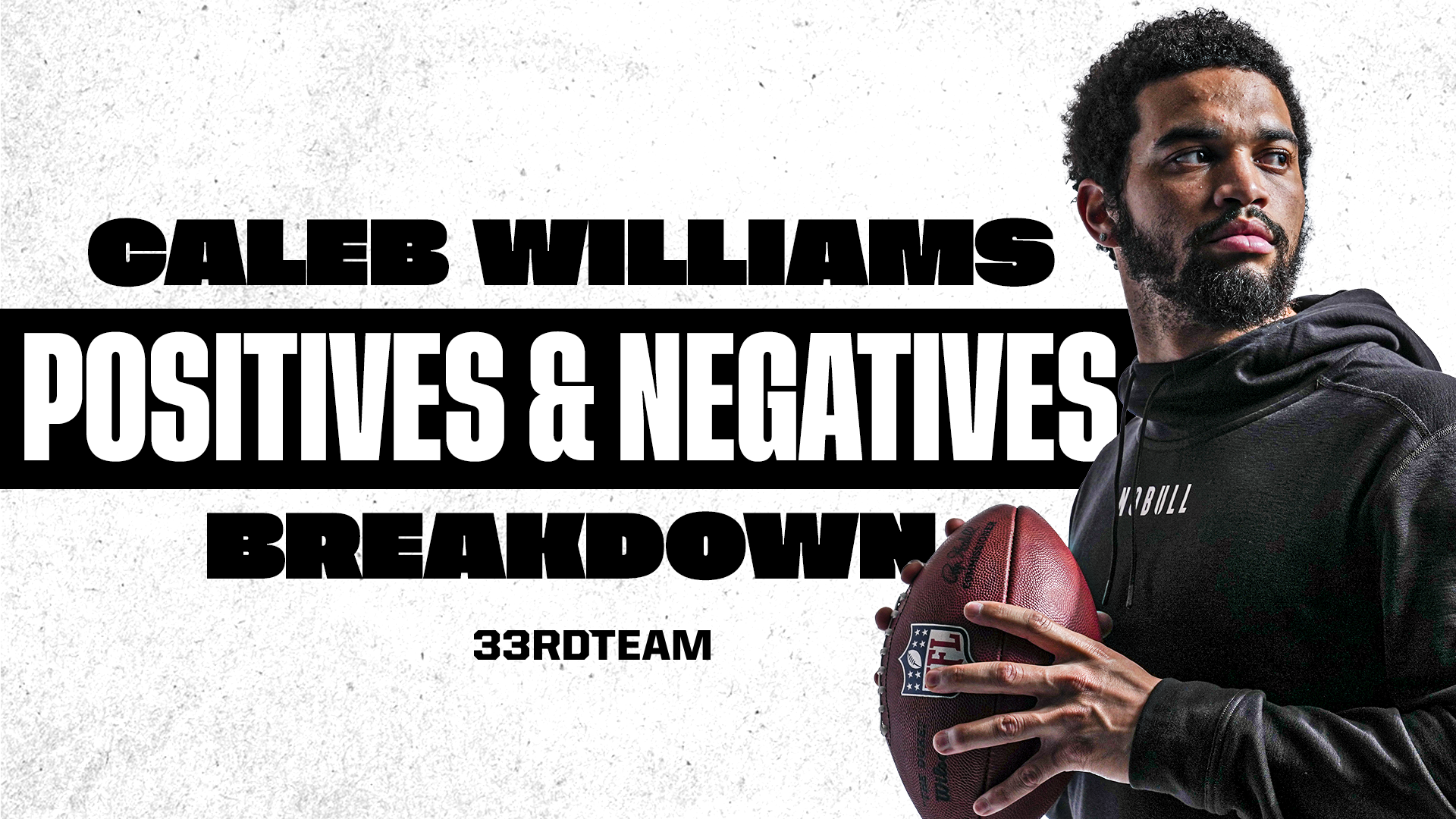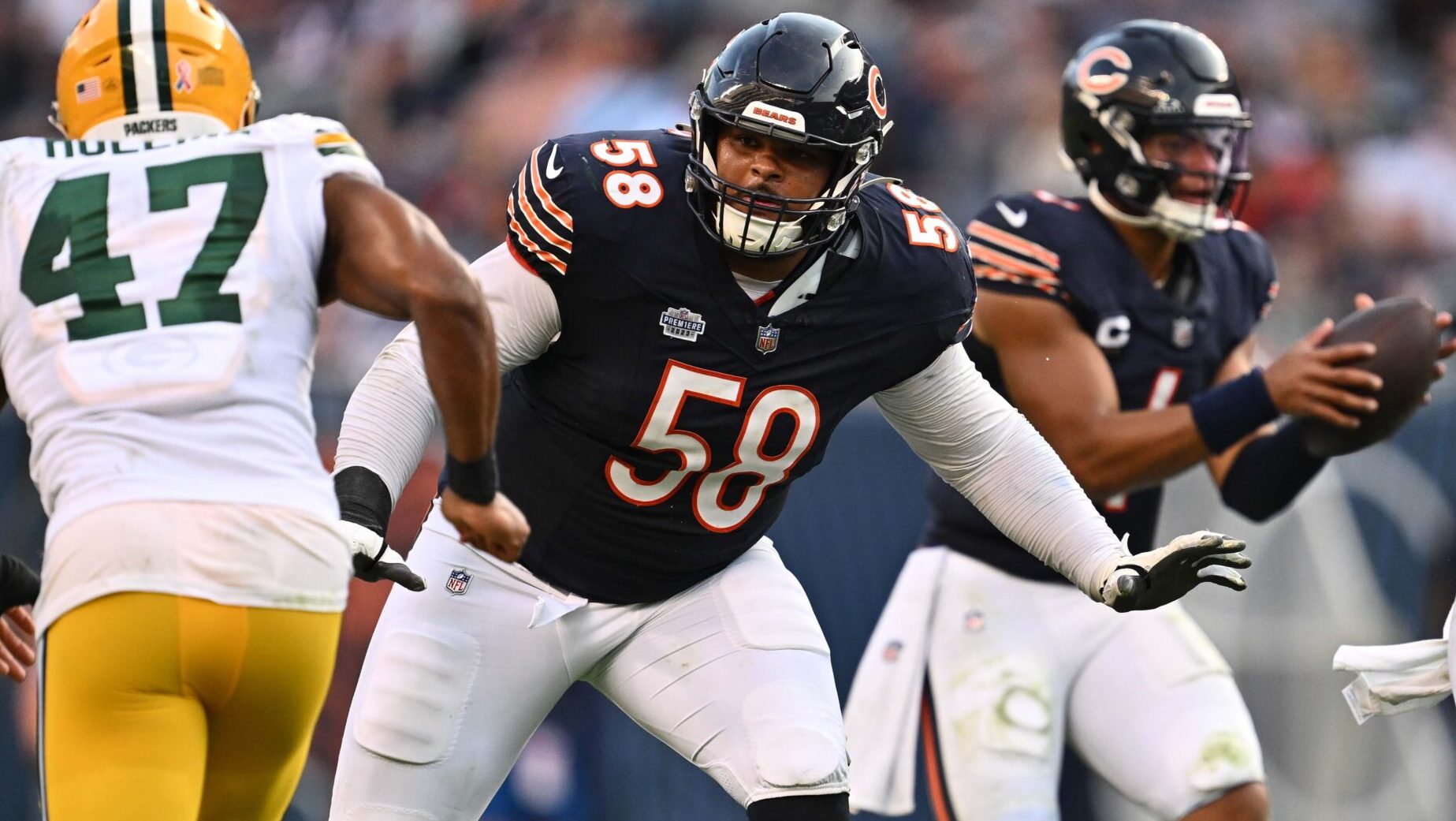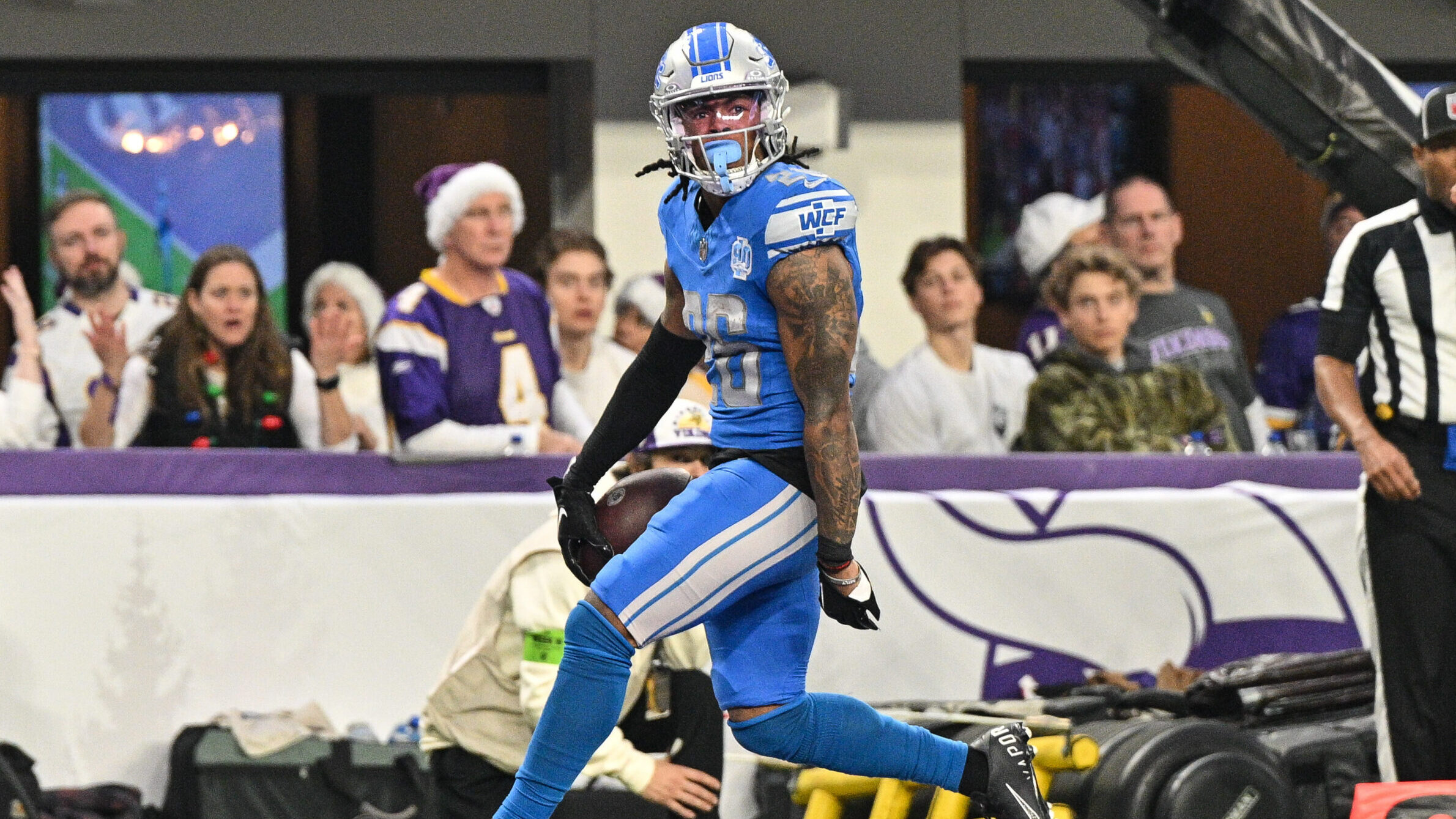Analysis
4/21/22
7 min read
Betting on Yourself: The Dynamics of Negotiating a Contract For a Player Without an Agent
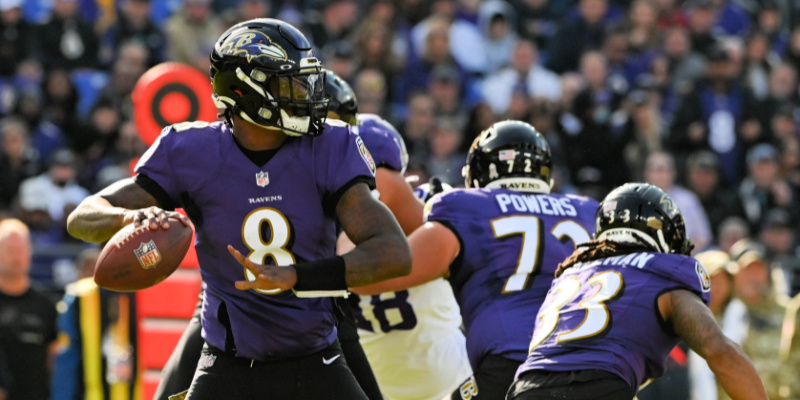
When players decide to represent themselves in contract negotiations, everybody around the league seems to hold their collective breath. This is because there is inherent risk in doing a job that has historically been left to agents who have significant practice in a negotiation setting.
Relevant Case at Hand: Baltimore Ravens QB Lamar Jackson
Lamar Jackson has chosen to represent himself in his upcoming contract negotiation. Additionally, he has decided not to discuss an extension with the team yet. There is widespread uncertainty around the league about how this situation will play out for the fifth-year quarterback.
Considering that he’s entering the fifth and final year of his rookie contract, and that he missed the final four games of 2022 due to an ankle injury, Jackson’s maneuverings are even more perplexing.
The Ravens went 0-5 in the final five weeks of the season without Jackson and missed the playoffs for the first time in four seasons. This point could either work in his favor or against him in negotiation. One side will argue that the Ravens need Jackson in order to win games, while the other may posit that because he’s a mobile QB he is more susceptible to injury.
Past Players Who Negotiated Deals Without Agents
- DeAndre Hopkins
- Bobby Wagner
- Richard Sherman
- Russell Okung
| Player | Year Signed | Length | Total | APY | Guarantees | Amount Earned | % Earned | Effective APY |
| DeAndre Hopkins | 2020 | 2 | $54,500,000 | $27,250,000 | $42,750,000 | $42,750,000 | 78.4% | $21,375,000 |
| Bobby Wagner | 2019 | 3 | $54,000,000 | $18,000,000 | $24,500,000 | $48,900,000 | 90.6% | $16,300,000 |
| Russell Okung | 2016 | 5 | $53,000,000 | $10,600,000 | $0 | $8,000,000 | 15.1% | $8,000,000 |
| Richard Sherman | 2018 | 3 | $27,150,000 | $9,050,000 | $3,000,000 | $30,775,000 | 113.4% | $10,258,333 |
Hopkins and Wagner both made out with great contracts. Hopkins reset the wide receiver market in terms of APY in a nearly fully guaranteed two-year extension. Wagner, on the other hand, has negotiated two deals on his own in the past four years. One was an $18M per year extension, while the other was a 5-year $50M total value contract as a 32-year old UFA this offseason. While this deal may ultimately turn into a 1-year $10M deal, $10M APY is still good for 11th in the league among all inside linebackers this season.
Okung and Sherman on the other hand negotiated less favorable deals when they hit the open market in 2016 and 2018, respectively. Okung was released after just 1 season with the Broncos in which he was paid $8M of the 5-year $53M deal he signed. Sherman’s deal was for 3-years $27.15M — a respectable deal for the (then) 30-year-old cornerback. However, the NFLPA wound up getting involved to adjust language in the contract to get Sherman an extra $2M, since the timing of a physical would have made it nearly impossible to pass due to a torn achilles at the end of the season prior.
Drawbacks of Negotiating Without an Agent
As per the NFL-NFLPA Collective Bargaining Agreement, teams are not allowed to talk directly to players until the start of the league year unless the player submits written verification of their unrepresented player status to the NFL and the NFLPA no later than five days prior to the start of the league year. That means that players who choose to negotiate their own deals might not be able to participate in the legal tampering period — the 52-hour time frame immediately preceding the start of the league year when teams and agents can agree to deals in principle.
The first few days of unrestricted free agency often see a number of inflated deals since teams are “negotiating in a vacuum.” Players who choose to represent themselves miss out on this extremely play-friendly period. This is why you see players without agents succeed more often in extension discussions (e.g. Hopkins and Wagner) rather than unrestricted free agency (e.g. Sherman and Okung).
You also see players who are clearly at the top of their respective positional markets have more success than those in the mid- or low-tier.
Nick Polk, former Falcons Director of Football Operations, believes that you don’t usually see players who are not in the top-tier of their position group representing themselves because the player in those instances must make an extremely compelling argument in order to get compensated at the high end of the market.
Agents can be important in these cases because their primary responsibility is to determine the positional market as well as act as an intermediary between the team and player. Sometimes difficult discussions regarding a player’s injury history and comparable players need to be had, which are much less sensitive when discussing with an agent rather than directly with a player.
Advisors, Consultants, and the NFLPA’s Role
Many players have advisors or consultants who help guide them through the contract negotiation process. Although an advisor may be assisting the player throughout the process, there can be no discussion of any kind between the advisor and the team because they are not NFLPA certified and are not the player’s agent on record.
However, these advisors may be NFLPA certified agents working on a “pro-bono” basis. They can also be non-certified individuals who simply do research on the positional market for the player or explain to them how a certain team has historically structured deals.
The final form of consultants are lawyers whose main purpose is to read over the final contract on behalf of the player to ensure the team is not sneaking in certain language.
The NFLPA will also get involved to assist players who choose to represent themselves to correct overlooked errors such as the one Sherman did not catch on first look.
Why Represent Yourself?
There are a few reasons a player may choose not to use an agent. The main one is the 1-3% agent fee that is generally imposed by agents. As laid out in the CBA, agents may make up to 3% on any player contracts that the agent negotiates. Using Wagner’s most recent contract, an agent would be able to make up to $1.5M from negotiating that deal — assuming Wagner played out the deal’s entirety.
Players at the top of the market at their respective positions know that they will likely get a record setting deal simply because they are up for a new contract and someone will inevitably pony up. Therefore, they choose to save that 3% simply by negotiating their own deal. The only assistance they may need is that of a lawyer to review the document or a union representative to explain the structure.
How Do Team Executives Handle This?
When a player makes this choice, football operations/administration executives and other lead negotiators around the league must deal with a shift in dynamics.
Team executives always want to treat a player fairly in negotiations. However, it is much easier to be candid when negotiating with an agent compared to a player directly. One can see how discussing a player’s weaknesses and other external factors — age, injury history, and the team trainer’s opinion on the player’s health — can be both awkward and lead to the player getting frustrated and walking from the table. Hence, these negotiations become much more delicate. Communication is of increased importance in these situations.
When discussing this topic with former Washington Senior VP of Football Operations, Eric Schaffer, he detailed an instance where he needed to write out the contract structure on a white board in his office in order to communicate each contract mechanism and vesting date to a player who was representing himself and make sure that the player understood what was being agreed to.
Communicating the terms of a proposal and the rationale behind the club’s particular offer may take more time than it normally would with an agent who has negotiated hundred of deals in the past. Therefore, these negotiations may go on longer than normal because the player needs to receive the advice of their consultants before responding. Team executives need to understand this going in and be patient with the player throughout the process, just as Baltimore has been with Lamar Jackson thus far.


